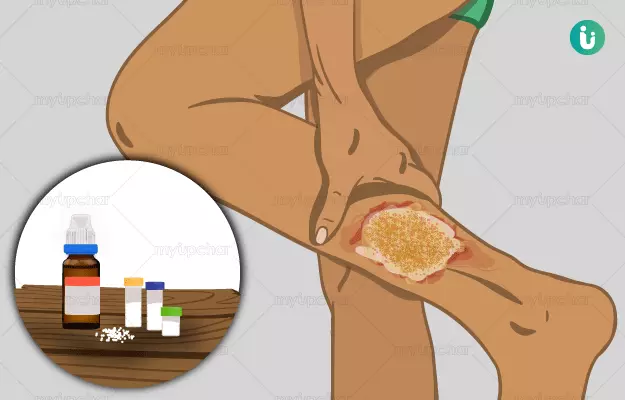Tetanus, also known as lockjaw or trismus, is an infection caused by the bacteria Clostridium tetani. C.tetani spores are present in the soil and dust. They enter the body through open wounds, cuts, and contaminated needles, develop into bacteria, and cause symptoms such as muscle spasms and twitching, fever, headaches, seizures, jaw cramps, change in pulse rate and blood pressure and dysphagia.
Spores are dormant structures that help the bacteria survive harsh environmental conditions.
Tetanus is quite different from other vaccine-preventable diseases, as it is non-communicable, which means that it does not spread from person to person. It is commonly seen in those who are not vaccinated or in elderly people with poor immunity.
The incubation period (time from entry of spores to the appearance of symptoms) varies between 3 and 21 days. Most symptoms occur within 14 days or even less in case of heavily contaminated wounds. Tetanus is a medical emergency. The patient needs to be given an anti-tetanus shot immediately.
In severe cases, ventilatory support is needed. However, treatment usually depends on the immunisation history of the patient and may include wound debridement, antibiotic therapy and management of complications.
There isn't much proof of the effects of homeopathic remedies on tetanus. However, remedies such as aconite, anacardium, arnica, belladonna, cuprum met, curare, gelsemium, hyoscyamus, lachesis, morphinum, nux vomica, stramonium and upas tieut are said to be helpful in the management of lockjaw and muscle spasms occurring during tetanus.
























